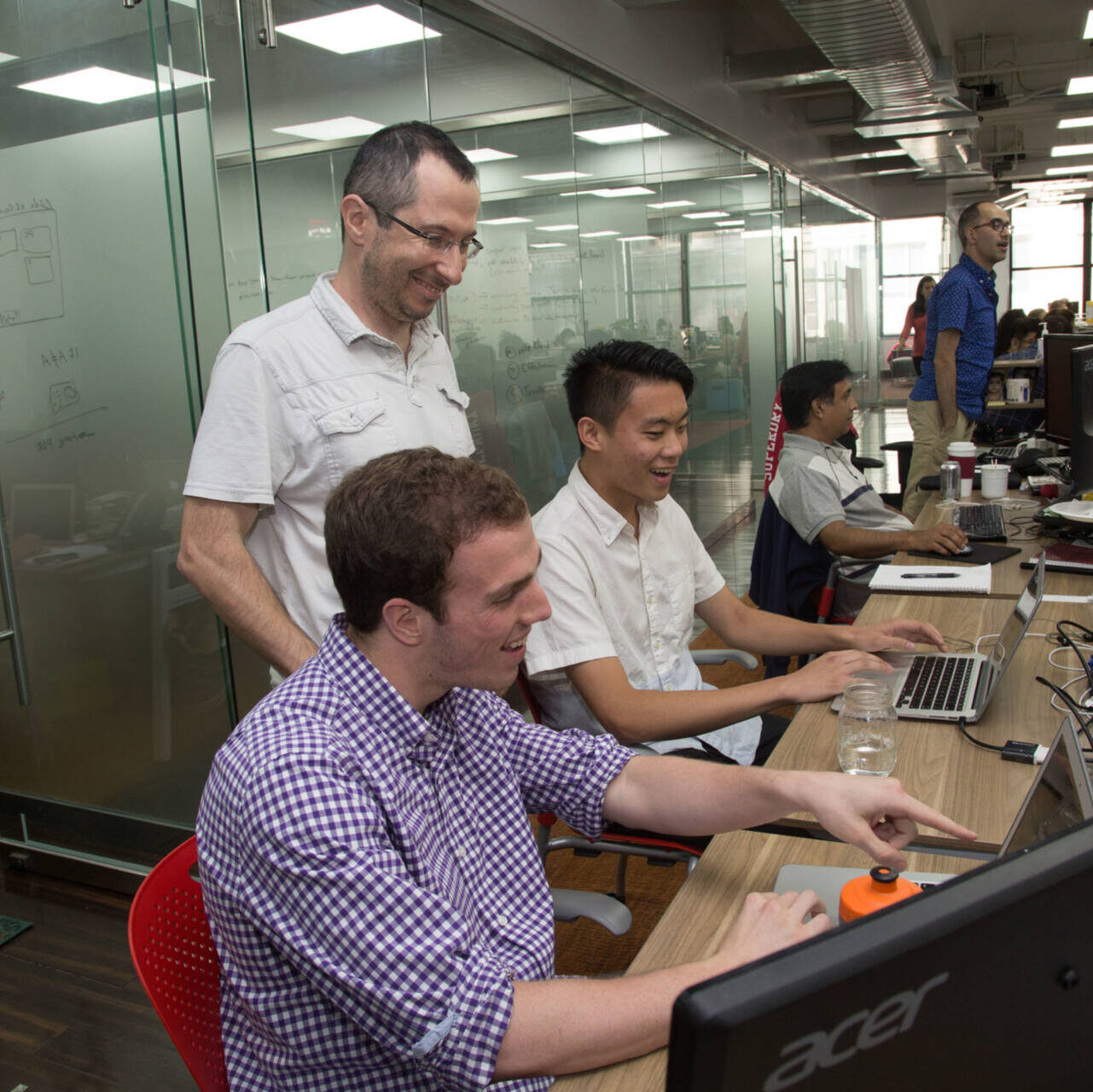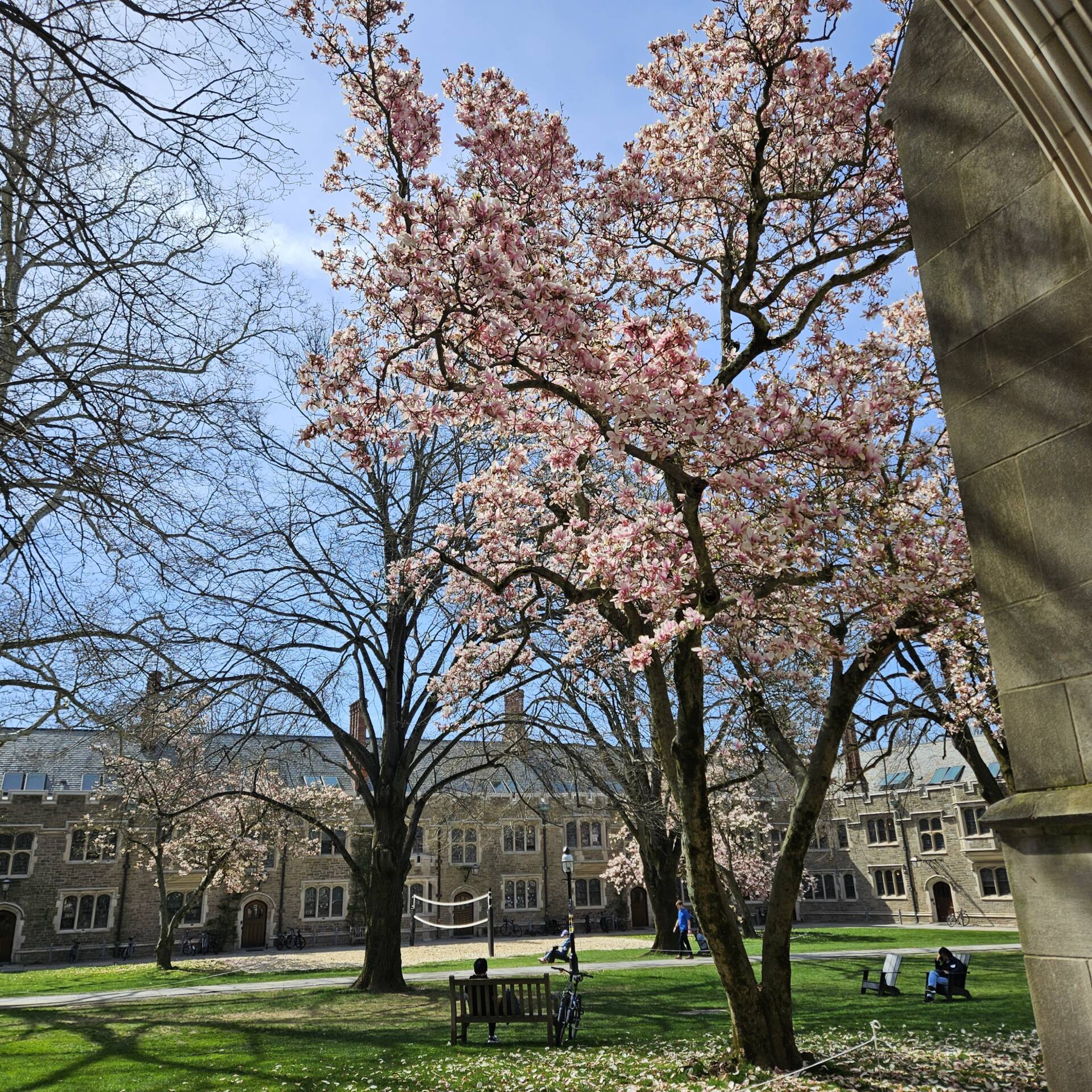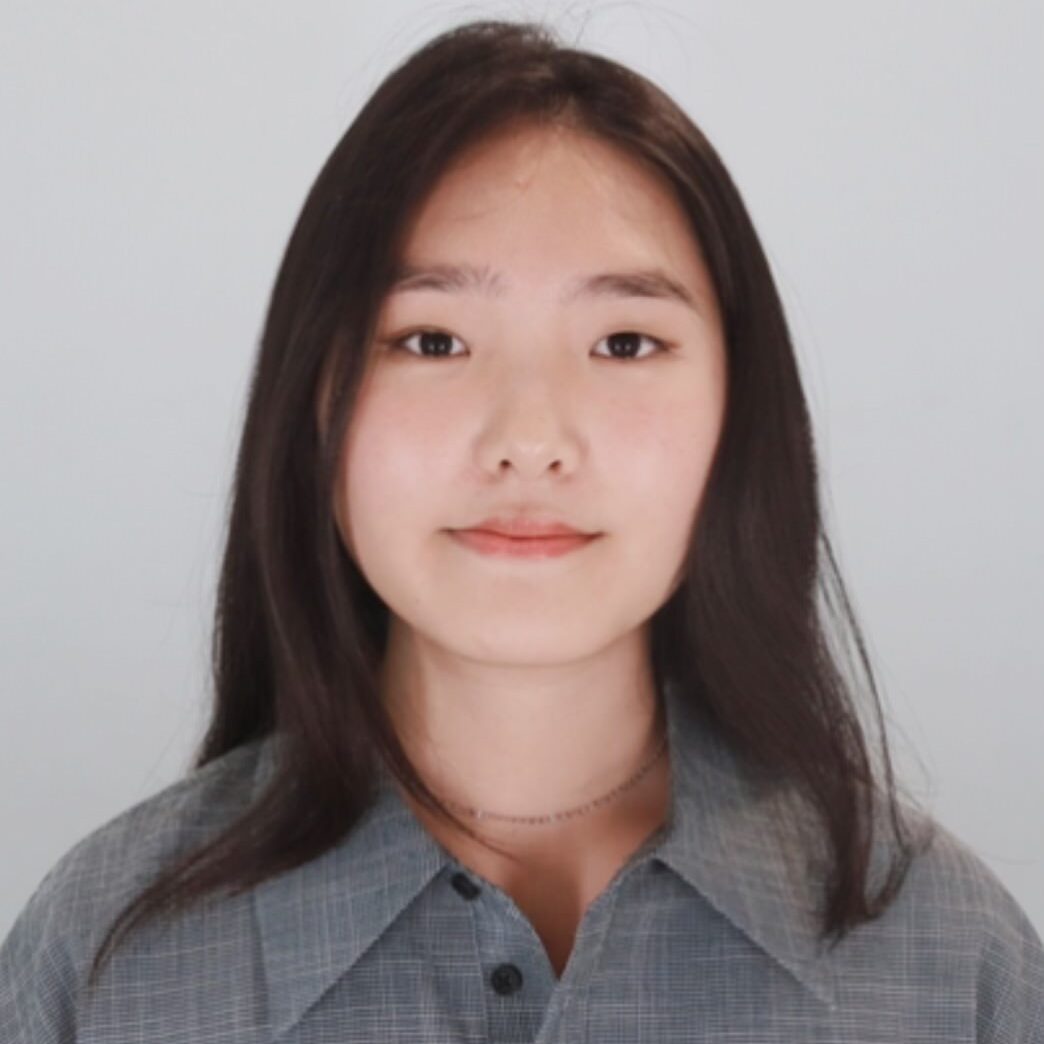I think mentorship can be highly overlooked in the undergraduate community. This is mostly because we feel that professors and Ph.D. students can be so far in their own fields, and so we’re just intruding in on their time. They’re so impressive that it is almost intimidating. However, in hindsight, you start to realize how important their mentorship becomes in your life. I think a lot of undergraduates value mentorship in the sense that they’re being given an opportunity in the current moment to do research or work on a project. This is the perspective I had on mentorship when I entered research. Luckily, for me, mentorship turned out to be so much more; it’s the gift that keeps on giving.
Continue reading The Beauty of MentorshipPaying it Forward: A Faculty Perspective on Mentorship in Research

As someone who completed my junior independent work under Professor Walker’s guidance last semester, I’ve had the chance to witness his thoughtful mentorship firsthand. In a research culture where both the technical challenge and emotional uncertainty can feel overwhelming, I’ve come to appreciate how crucial the human side of research is—how we learn from and grow with those who guide us. With that in mind, I sat down with Professor Walker to explore how he thinks about mentorship: what it looks like, why it matters, and how he helps students, like me, find their footing in the world of research.
Continue reading Paying it Forward: A Faculty Perspective on Mentorship in ResearchThe Importance of Humanities and Social Science Classes: In which a STEM major reflects
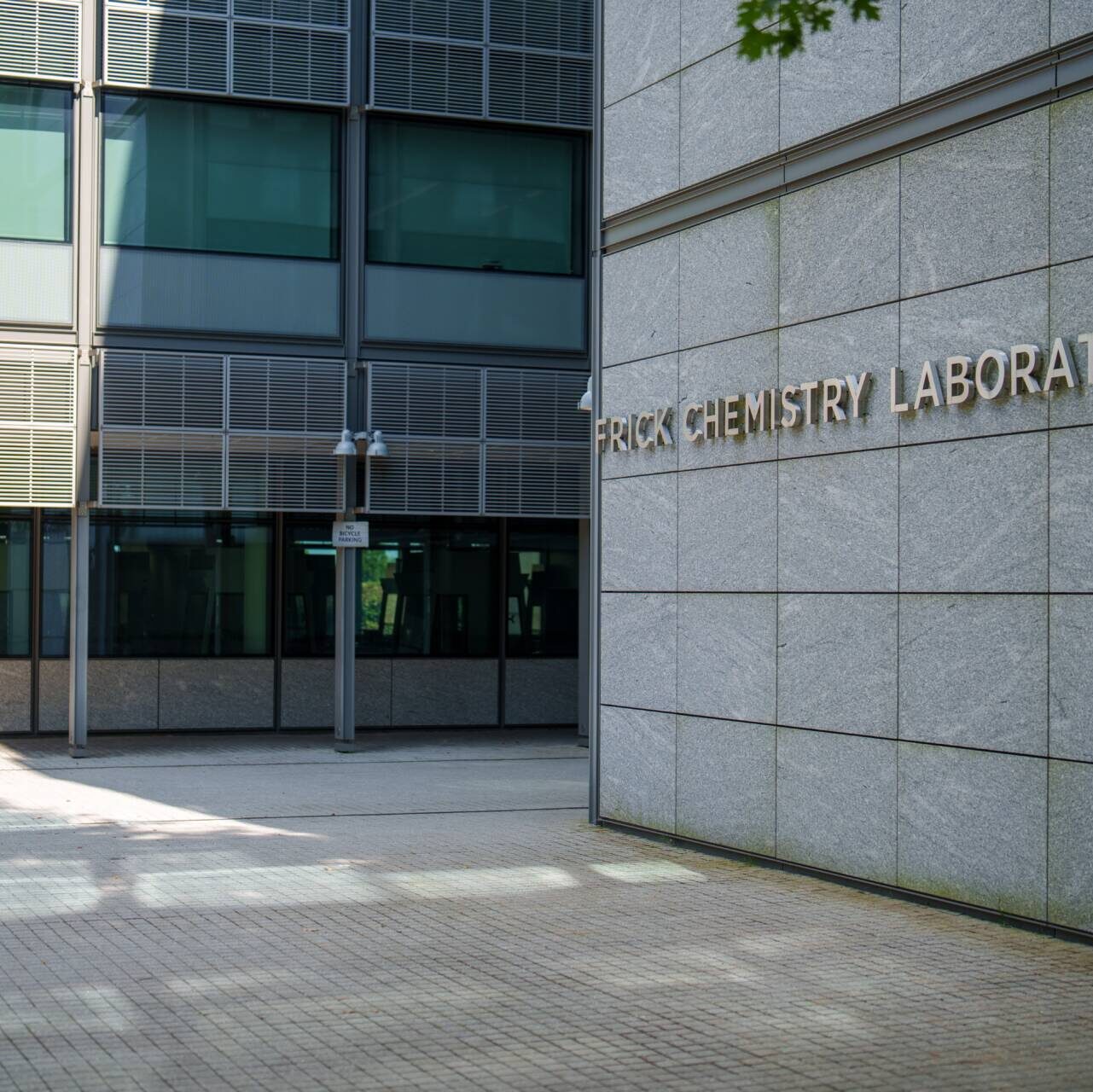
A lot of my previous posts are mostly concentrated on research and science, and that’s because those are the things I love. However, taking a psychology class this semester that had a more social sciences approach made me think about my story in STEM. In particular, a part of the lecture that stuck with me was the “stereotype threat”. The stereotype threat is the fear of proving a stereotype right. I’m not good at math, and I’ve always thought that would just be the way life goes, but last year, I took MAT103, and I did quite well (it’s one of the easier math classes of course, but the bar is low for me). In fact, it was my easiest class. This really changed my perspective on my math skills. When I reflected on my experience with math, I realized that this mindset I have about it was cultivated by my gender.
Continue reading The Importance of Humanities and Social Science Classes: In which a STEM major reflectsNow & Next: Illuminating Solar Innovations with Barry Rand
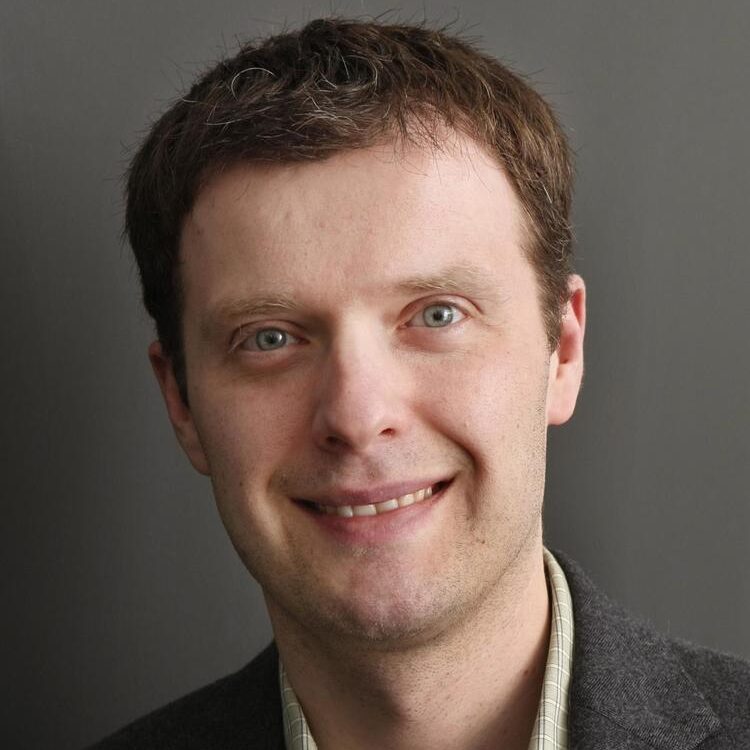
As a student in his ENE 431: Solar Energy Conversion course, I’ve had the privilege of learning from Professor Rand this semester. This course has challenged how I think about energy and prompted me to look more closely at the systems that power the world. What stood out to me wasn’t just the technology, but the sense of possibility it held. I found myself thinking more seriously about what the future of energy could look like, and who’s shaping it. That curiosity led me to interview Professor Rand for Now & Next, where we discuss his research in thin-film electronics and where he sees the field heading.
Continue reading Now & Next: Illuminating Solar Innovations with Barry RandHeads Up: You Might Need Study Approval from the Institutional Review Board
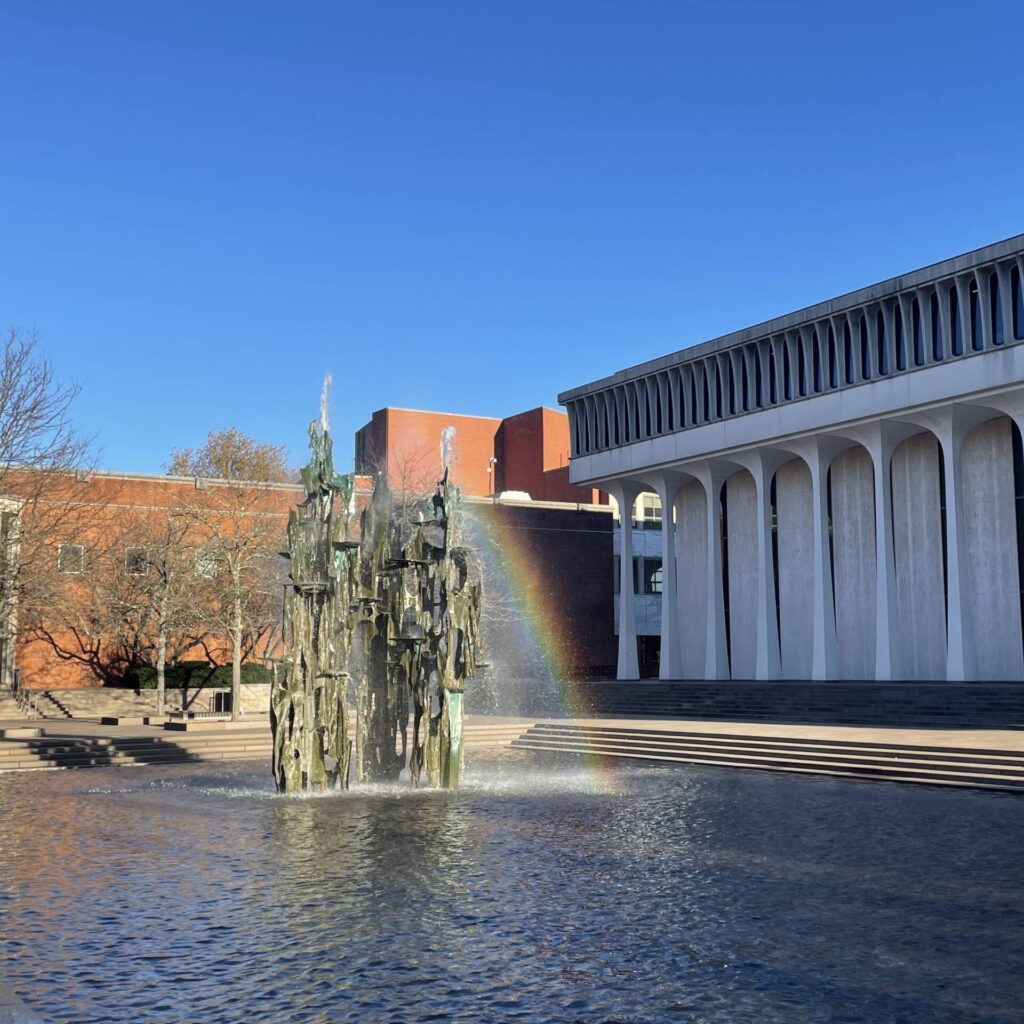
Independent research at Princeton offers an incredible opportunity for students to explore their academic interests and gain experience in the research world. This year, I’m working on my Senior Thesis with Professor Aleksandra Korolova, conducting an audit of Google ad delivery optimization algorithms. Specifically, I am studying whether aspects of advertisements—the image, text, links, and so on—impact the demographics of the audience to whom the advertisement is delivered.
In the fall, many people were curious about how my thesis was progressing. The truth was, for a few weeks, I hadn’t started running any experiments, since I first needed my research to be approved by the Institutional Review Board (IRB). Through this experience, I both gained insight into the IRB process and found that many students had never even heard of the IRB. In this article, I share my experience and offer advice for students who are planning to conduct independent research.
Continue reading Heads Up: You Might Need Study Approval from the Institutional Review BoardOffice hours are weird. Here’s how to make the most of them.

If you’re like me, you’ve been here. Standing awkwardly outside your professor’s door, notes in hand, heart racing slightly as you rehearse your question for the tenth time. When I first got to Princeton, my professors felt larger than life – giants in their field, accomplished researchers and authors. As an undergraduate, I felt like an ant in comparison. I felt afraid to go to their office hours, because their time felt so much more valuable than mine.
Continue reading Office hours are weird. Here’s how to make the most of them.Research is Better with the Right Mentor—How I Found Mine

When I first came to Princeton, already interested in neuroscience research, I kept hearing about all the incredible opportunities available to undergraduates. Professors conducting groundbreaking neuroscience studies, cutting-edge labs filled with brilliant minds—it all sounded amazing. But as a first-year student, I had no idea how to actually get involved. Everyone seemed to know what they were doing, while I was stuck wondering: Where do I even start? Will a professor really take time to mentor someone like me? If I cold-email them, will they even read it?
Continue reading Research is Better with the Right Mentor—How I Found MineStaying Connected
Each spring semester, it feels like many of us find ourselves scrambling to find unique, competitive, and exciting research experiences. In these intense weeks full of interviews, rejections, and offers, it is also important to think ahead about what comes next. Although staying connected with your research team after a program or internship ends can present a unique set of challenges, it can just as easily open up a number of new opportunities. This was a dynamic I had to adjust to at the end of my research internship last summer. Through that personal experience, I have found that consistent and clear communication are key after any research experience.
Continue reading Staying ConnectedInsights and Interests: An Interview with Cevina Hwang
Hailing from Saipan and South Korea, Cevina Hwang is a junior in the Ecology & Evolutionary Biology department. With a longstanding interest in the field of dentistry, she chose to expand upon this passion through her junior work, where she will be exploring the evolution of the human jaw and teeth.
Join me below to read about Cevina’s journey in the junior work process.
Continue reading Insights and Interests: An Interview with Cevina HwangResearch Insights Series: An Interview with James Raymond Vreeland

James Raymond Vreeland, a Ph.D. graduate from New York University, holds the position of Professor of Politics and International Affairs at Princeton School of Public and International Affairs and the Department of Politics. His research focuses on international political economy, particularly in the realm of international institutions, and serves on the editorial board of International Organization. His publications span various scholarly journals, such as American Political Science Review, International Organization, and Journal of Politics, showcasing his extensive contributions to academia.
As a former student in POL 396: International Organizations, I was introduced to a wide range of research on international organizations, including works by academic scholars and Professor Vreeland himself. While continuing my Research Insights Series from last spring, a series of blog posts to provide glimpses into the current research landscape at Princeton, I knew I wanted to interview Professor Vreeland. As my first politics course at Princeton, it sparked my curiosity about political science research, and more broadly, research in the social sciences.
Continue reading Research Insights Series: An Interview with James Raymond Vreeland
